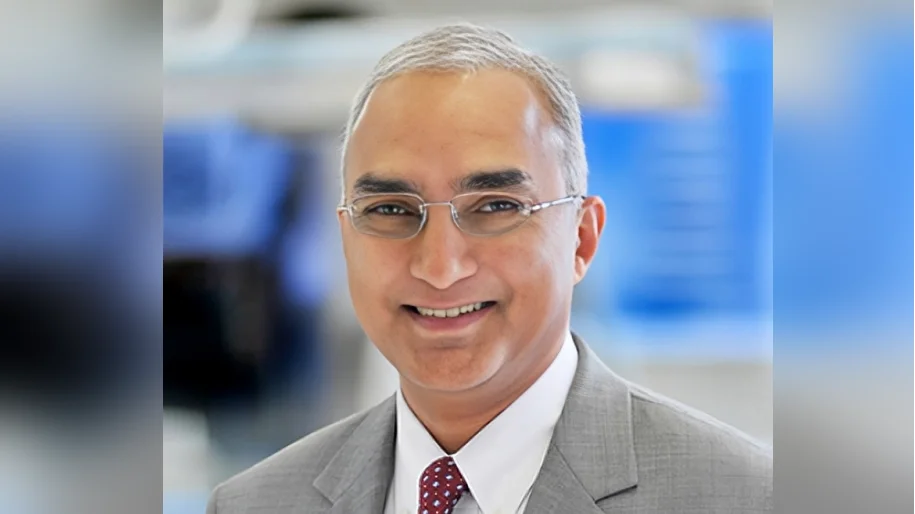
Researchers at Baylor College of Medicine and the Jan and Dan Duncan Neurological Research Institute at Texas Children’s Hospital are set to participate in a clinical trial for an investigational therapy aimed at treating STXBP1-developmental and epileptic encephalopathy (DEE), a severe childhood epilepsy condition. Capsida Biotherapeutics has received clearance from the U.S. Food and Drug Administration for its Investigational New Drug (IND) application for CAP-002, an intravenously administered gene therapy designed to cross the blood-brain barrier while avoiding liver targeting.
STXBP1-DEE affects approximately one in 26,000 births globally, with about 5,000 pediatric cases in the U.S. and Europe. It is linked to early-onset seizures, developmental delays, intellectual disabilities, motor abnormalities, and increased risk of sudden unexpected death in epilepsy. No approved treatments currently exist for this condition.
Dr. Mingshan Xue of Texas Children’s Duncan NRI has contributed significantly to understanding STXBP1-DEE and supported CAP-002's preclinical development by creating a mouse model that simulates the disorder. This model demonstrated that adeno-associated virus (AAV) gene therapy could potentially reverse the disease effects.
“The goal of my research was always to develop a therapy that not only addresses the symptoms of STXBP1-related disorder but tackles the root causes of this disease,” said Xue. “We are hopeful that CAP-002 may have potential to meaningfully improve outcomes in patients with this disease.”
The engineered capsid used by Capsida enables widespread expression of STXBP1 protein in non-human primates’ brains while minimizing off-target effects on organs like the liver and dorsal root ganglia. In non-human primate studies, CAP-002 achieved more than 70% neuronal transduction across critical brain areas without adverse effects, showing promise as a single intravenous infusion treatment.
Capsida is preparing for the SYNRGY Phase 1/2a clinical trial, aiming to dose its first patient in the third quarter of this year under Dr. Hsiao-Tuan Chao's leadership at Texas Children’s Hospital.
“STXBP1-related disorders present devastating challenges in communication, development, motor function and seizures,” said Charlene Son Rigby, President and Cofounder of STXBP1 Foundation. “We are in dire need of targeted therapies that can improve the lives and functioning of our children and families.”
“This investigational therapy has the potential to fully correct seizures and meaningfully reverse neurological symptoms,” added Chao. “We are excited to help lead a clinical trial at Texas Children’s Hospital.”
Dr. Huda Zoghbi expressed enthusiasm over these developments: “This investigational new gene therapy is a truly outstanding achievement... Dr. Xue’s discoveries have charted new paths forward for therapeutic development.”
Dr. Swati Tole from Capsida noted: “The FDA clearance... is a significant milestone... We look forward to initiating the SYNRGY clinical trial.”
For inquiries about the upcoming multicenter SYNRGY clinical trial at Texas Children’s Hospital, contact Dr. Hsiao-Tuan Chao's team via chao-lab@bcm.edu.